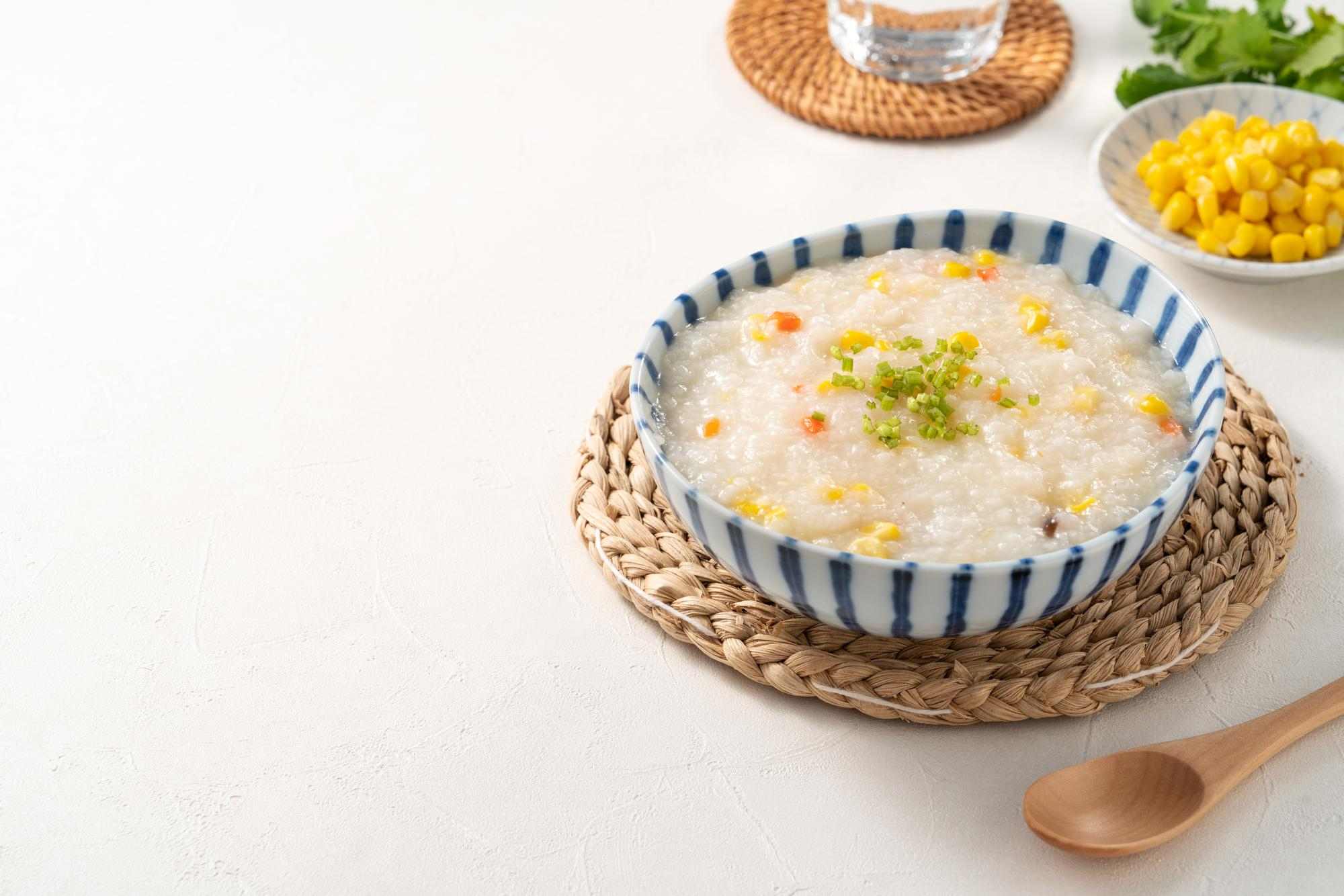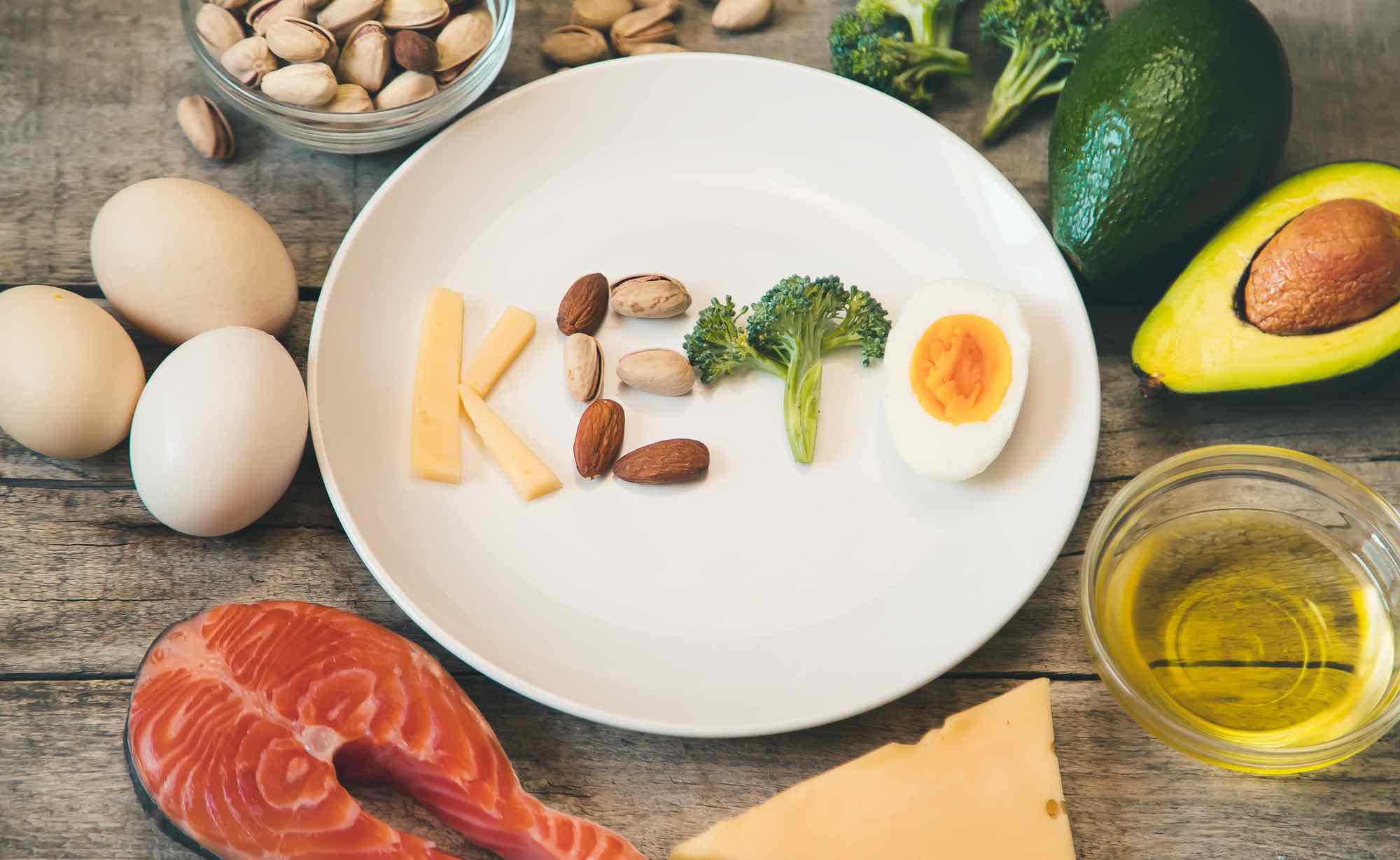
Core objective:
Reduce the digestive burden, repair the mucosa, and regulate the microbiota
Disease-specific management:
Gastritis/peptic ulcer:
Small and frequent meals: 5-6 meals a day to avoid excessive secretion of gastric acid.
Avoid irritating foods: Spicy foods, alcohol, strong tea, and coffee.
Mucosa protection: Supplement glutamine (pumpkin, cabbage) and zinc (oysters).
Irritable bowel syndrome (IBS):
Low FODMAP diet: Reduce gas-producing foods (onions, garlic, legumes).
Soluble fiber: Oats and ripe bananas can relieve diarrhea or constipation.
Inflammatory bowel disease (IBD):
Acute phase: Low-residue liquid diet (rice soup, filtered vegetable juice), and supplement short peptide-based nutritional powder.
Remission phase: Gradually add ω-3 fatty acids (fish oil) for anti-inflammation, and probiotics (Bifidobacterium) to regulate the microbiota.
General principles:
Cooking methods: Mainly steaming and boiling, and frying and grilling are prohibited.
Monitoring indicators: Body weight, hemoglobin (risk of anemia), and fecal calprotectin (inflammatory activity level).




